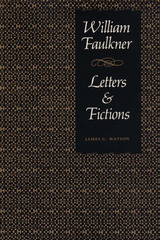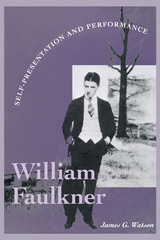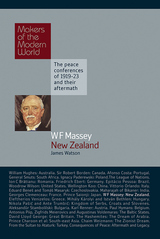
Ancient Southwestern Mortuary Practices chronicles the modal patterns, diversity, and change of ancient mortuary practices from across the US Southwest and northwest Mexico over four thousand years of Prehispanic occupation. The volume summarizes new methodological approaches and theoretical issues concerning the meaning and importance of burial practices to different peoples at different times throughout the ancient Greater Southwest.
Chapters focus on normative mortuary patterns, the range of variability of mortuary patterns, how the contexts of burials reflect temporal shifts in ideology, and the ways in which mortuary rituals, behaviors, and funerary treatments fulfill specific societal needs and reflect societal beliefs. Contributors analyze extensive datasets—archived and accessible on the Digital Archaeological Record (tDAR)—from various subregions, structurally standardized and integrated with respect to biological and cultural data.
Ancient Southwestern Mortuary Practices, together with the full datasets preserved in tDAR, is a rich resource for comparative research on mortuary ritual for indigenous descendant groups, cultural resource managers, and archaeologists and bioarchaeologists in the Greater Southwest and other regions.
Contributors: Nancy J. Akins, Jessica I. Cerezo-Román, Mona C. Charles, Patricia A. Gilman, Lynne Goldstein, Alison K. Livesay, Dawn Mulhern, Ann Stodder, M. Scott Thompson, Sharon Wester, Catrina Banks Whitley

Besides the groundbreaking novels and stories that brought him fame, William Faulkner throughout his life wrote letters—to his publisher, his lovers, his family, and his friends. In this first major study of epistolarity in Faulkner's work, James G. Watson examines Faulkner's personal correspondence as a unique second canon of writing, separate from his literary canon with its many fictional letters but developing along parallel lines. By describing the similarity of forms and conventions in Faulkner's personal and fictional correspondence, Watson clearly demonstrates that Faulkner's personal experience as a writer of letters significantly shaped his imaginative work early and late.
Letters are always about themselves; they re-create a world between the sender and the receiver. In this illuminating study, Faulkner's personal letters are treated as a form of reflexive writing: first-person narratives in which Sender self-consciously portrays Self to a specific Receiver, likewise portrayed in the letter-text. This duality of actual experience and imaginative re-creation measures the personal distances between the life of the writer and the written self-image. It reveals that letters are at once fragments of autobiography and fictions of self.
Such "laws of letters" apply equally to the letters that appear throughout Faulkner's novels and stories. The twenty-one letters and telegrams in The Sound and the Fury, for example, portray character, propel plot, and convey important themes of failed communication and broken identity. From Soldiers' Pay to his last work, Faulkner's carefully lettered canon of fiction is dramatic evidence of his understanding of epistolarity and of the extent to which he adapted letters, including some of his own, to shape his fictional world.

In his life and writings, William Faulkner continually created and "performed" selves. Even in letters, he often played a part—gentleman dandy, soldier, farmer—while in his fictions these and other personae are counterpoised against one another to create a world of controlled chaos, made in Faulkner's own protean image and reflective of his own multiple sense of self.
In this groundbreaking book, James Watson draws on the entire Faulkner canon, including letters and photographs, to decipher the complicated ways in which Faulkner put himself forth as the artist he felt himself to be through written performances and displays based on the life he actually lived and the ones he imagined living. The topics Watson treats include the overtly performative aspects of The Sound and the Fury, self-presentation and performance in private records of Faulkner's life, the ways in which his complicated marriage and his relationships to male mentors underlie his fictions' recurring motifs of marriages and fatherhood, Faulkner's readings of Melville, Hawthorne, and Thoreau and the problematics of authorial sovereignty, his artist-as-God creation of a fictional cosmos, and the epistolary relationships with women that lie in the correspondence behind Requiem for a Nun.

READERS
Browse our collection.
PUBLISHERS
See BiblioVault's publisher services.
STUDENT SERVICES
Files for college accessibility offices.
UChicago Accessibility Resources
home | accessibility | search | about | contact us
BiblioVault ® 2001 - 2024
The University of Chicago Press









